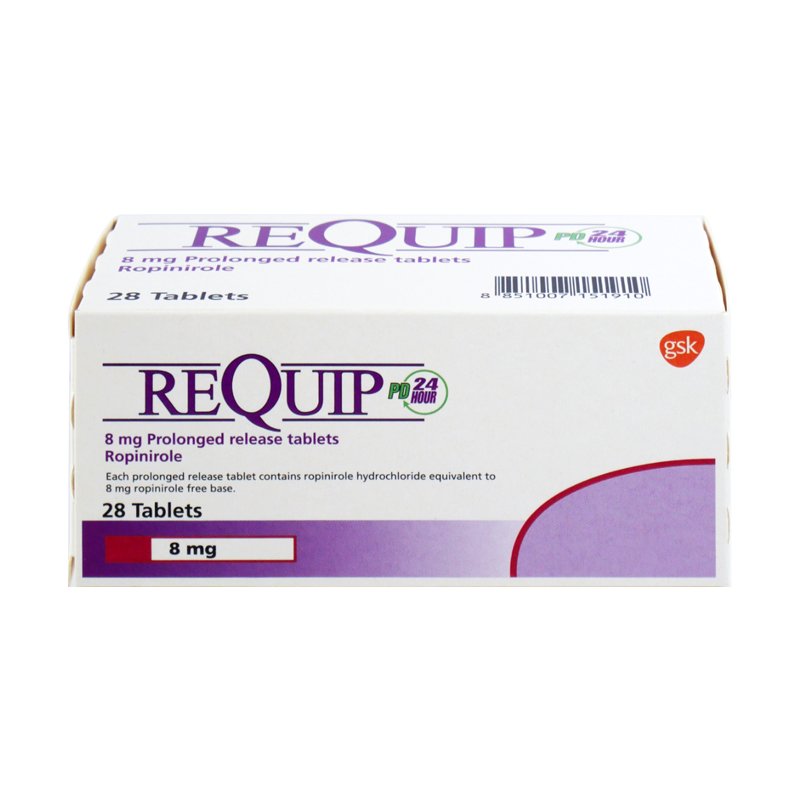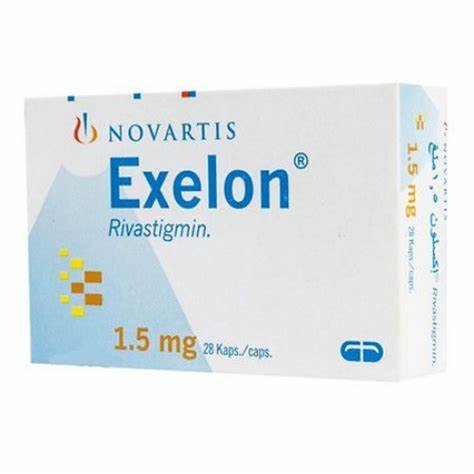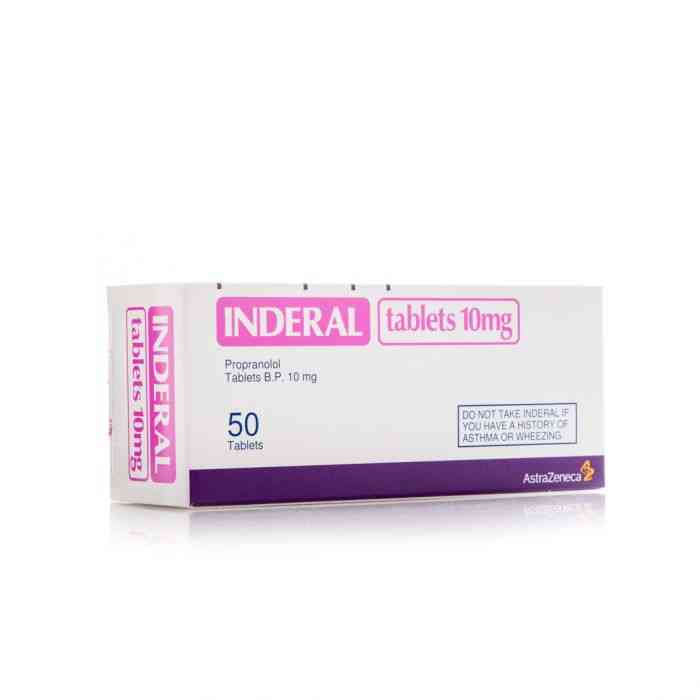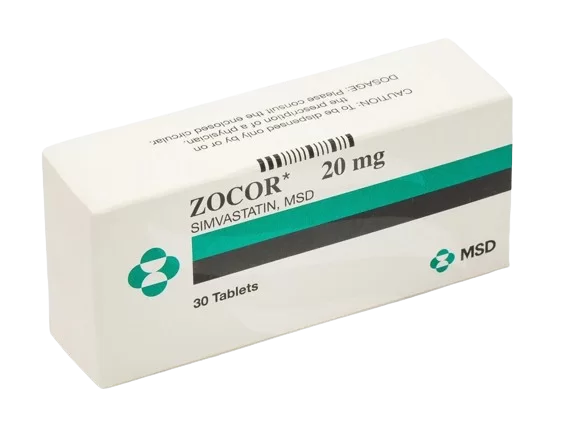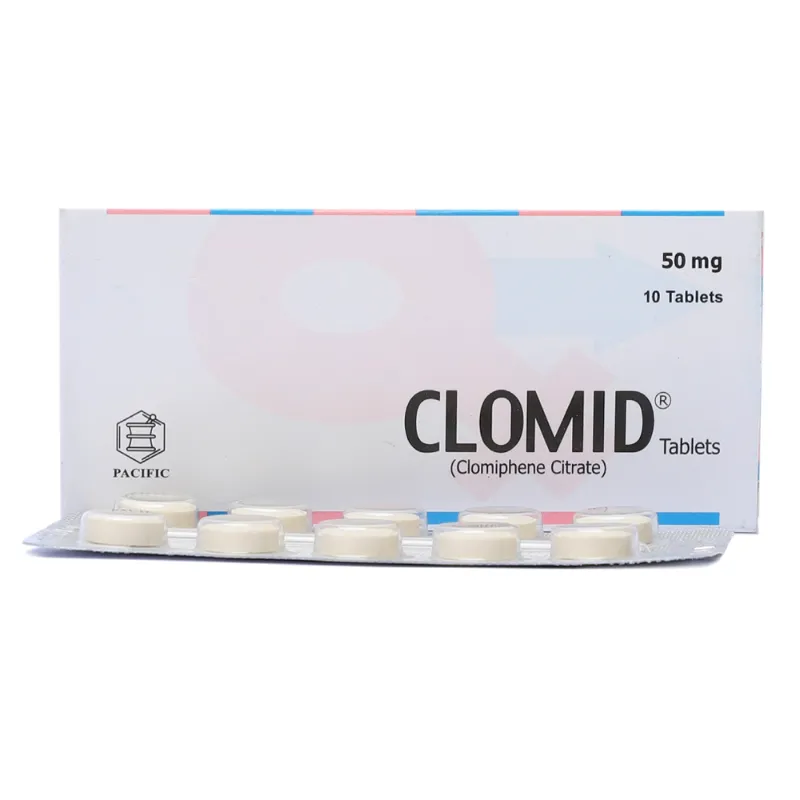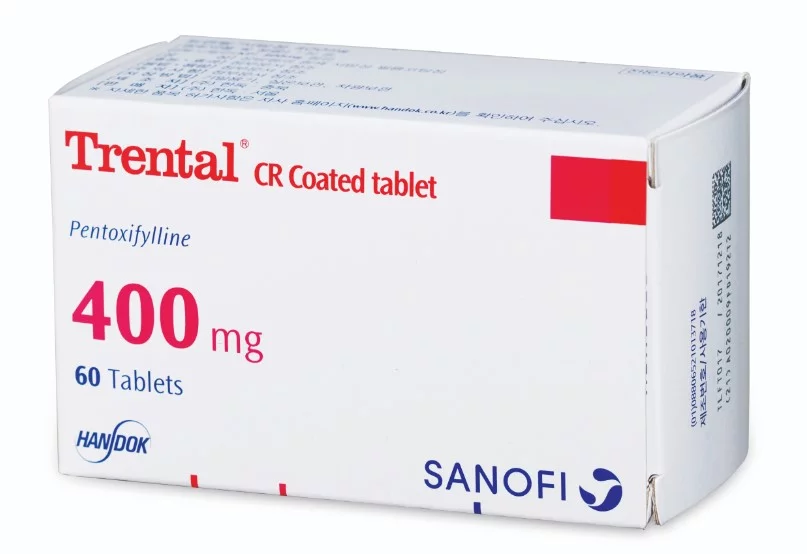
Trental
Trental - 400mg
Overview of Trental
General Introduction
Trental, with its active ingredient pentoxifylline, improves blood flow and treats vascular disorders. It enhances microcirculation and tissue oxygenation, particularly benefiting patients with peripheral arterial diseases. Trental decreases blood viscosity and improves red blood cell flexibility, facilitating better blood flow through narrowed arteries.
History of Development and Approval
Trental was developed by Sanofi and received FDA approval for treating intermittent claudication due to chronic occlusive arterial disease of the limbs and other vascular disorders. Extensive clinical trials confirmed its efficacy and safety, leading to its widespread use.
Key Benefits
Trental offers several key benefits for patients with vascular disorders:
- Improved Blood Circulation: Enhances blood flow in the limbs, reducing symptoms such as pain and cramping.
- Reduced Blood Viscosity: Lowers blood viscosity, promoting better microcirculation and preventing clot formation.
- Symptom Relief: Alleviates symptoms of intermittent claudication, including pain and muscle cramps during walking.
Unique Properties
Trental is distinguished by its ability to:
- Increase the flexibility of red blood cells, allowing them to pass through capillaries more easily.
- Improve overall blood flow and oxygen delivery to tissues.
Comparison with Similar Medications
Compared to other vasodilators, Trental:
- Offers a comprehensive approach to improving microcirculation.
- Provides dual action of reducing blood viscosity and enhancing red blood cell flexibility.
- Has a well-documented clinical efficacy and safety profile, making it a preferred choice for many healthcare providers.
Safety and Tolerability
Trental is generally well-tolerated. Common side effects include headaches, dizziness, and gastrointestinal disturbances such as nausea and vomiting. These side effects are usually mild and transient. Serious adverse effects are rare but may include allergic reactions and cardiac arrhythmias. Regular monitoring by a healthcare provider is recommended to ensure the safe use of Trental.
Indications for Use
Diseases and Conditions Treated
Trental is prescribed for the treatment of:
- Intermittent claudication due to chronic occlusive arterial disease of the limbs
- Diabetic angiopathy
- Post-thrombotic syndrome
- Other conditions associated with impaired peripheral circulation
It helps alleviate symptoms such as pain and cramping in the legs, improving patients' overall quality of life.
Symptoms Indicating Use
Patients experiencing symptoms of peripheral arterial disease, such as:
- Pain
- Cramps
- Fatigue in the legs during walking
may benefit from Trental. The medication is particularly effective in reducing these symptoms and enhancing walking distance. Early intervention with Trental can prevent the progression of symptoms and improve functional mobility.
Dosage and Administration
Recommended Dosage for Adults
The recommended starting dose for adults is 400 mg of Trental taken three times a day. The dosage can be adjusted based on the patient's response and tolerance. It is essential to follow the prescribed dosing schedule to achieve optimal therapeutic effects. Regular follow-up with a healthcare provider is necessary to monitor progress and adjust the dosage if needed.
Dosage for Children
Trental is not typically prescribed for children. Dosage recommendations for pediatric use should be determined by a healthcare provider based on the specific needs and condition of the child.
Dosage for Elderly Patients
Elderly patients may require dosage adjustments based on their overall health and renal function. Starting with a lower dose and gradually increasing it as tolerated can help minimize potential side effects. Close monitoring is essential to ensure the safe and effective use of Trental in elderly patients.
Optimal Timing of Administration
Trental should be taken with meals to minimize gastrointestinal disturbances. The tablets should be swallowed whole with a sufficient amount of water. Consistent timing of administration helps maintain stable drug levels in the bloodstream, enhancing the medication's effectiveness.
Frequency of Administration
Trental is typically taken three times a day. Adhering to the prescribed frequency is crucial for maintaining therapeutic drug levels and achieving the desired clinical outcomes. Patients should be reminded to take their medication at evenly spaced intervals to avoid missed doses.
Impact of Food on Efficacy
Taking Trental with food can help reduce gastrointestinal side effects and improve patient compliance. Food does not significantly affect the absorption of pentoxifylline, making it convenient for patients to integrate the medication into their daily routine without dietary restrictions.
Pharmacological Action
Mechanism of Action
Pentoxifylline, the active ingredient in Trental, works by inhibiting phosphodiesterase, leading to an increase in cyclic adenosine monophosphate (cAMP) levels in cells. This results in reduced blood viscosity, improved red blood cell flexibility, and enhanced blood flow. By improving microcirculation, Trental increases tissue oxygenation and reduces the symptoms associated with peripheral arterial disease.
Molecular and Cellular Targets
Pentoxifylline targets red blood cells, increasing their deformability, and blood vessels, reducing platelet aggregation and fibrinogen levels. This dual action enhances blood flow through capillaries and reduces the risk of clot formation. These effects are particularly beneficial in conditions where blood flow is compromised.
Metabolic Pathways
Pentoxifylline is metabolized primarily in the liver, producing several active metabolites. These metabolites contribute to the overall therapeutic effects of the drug. The primary route of excretion is through the kidneys. Patients with impaired liver or kidney function may require dosage adjustments to prevent accumulation and toxicity.
Biochemical Changes
Trental increases cAMP levels, leading to vasodilation and reduced blood viscosity. These biochemical changes improve blood flow and oxygen delivery to tissues, alleviating symptoms of peripheral arterial disease. The increase in cAMP also inhibits platelet aggregation, further enhancing blood flow.
Physiological Effects
The medication helps improve symptoms such as pain, cramps, and fatigue in the legs, enhancing walking distance and overall mobility. By improving blood flow and oxygenation, Trental supports better tissue health and function. Patients often experience significant relief from the debilitating symptoms of peripheral arterial disease, allowing for more active and fulfilling lives.
Composition
Active Ingredient
The active ingredient in Trental is pentoxifylline, a methylxanthine derivative with vasodilatory and blood viscosity-reducing properties. Pentoxifylline's unique action on blood cells and vessels makes it effective in improving peripheral circulation and reducing the symptoms of vascular disorders.
Inactive Ingredients
Trental tablets contain inactive ingredients such as:
- Lactose
- Starch
- Magnesium stearate
- Povidone
These ingredients help in the formulation and stability of the tablets, ensuring consistent delivery of the active ingredient. They also aid in the manufacturing process, making the tablets easy to produce and handle.
Role of Each Component
- Pentoxifylline: Reduces blood viscosity and improves red blood cell flexibility, enhancing microcirculation.
- Inactive Ingredients: Contribute to the overall stability and effectiveness of the medication, ensuring that the active ingredient is delivered efficiently and remains stable during storage and use.
Side Effects
Common Side Effects
Common side effects of Trental include:
- Headaches
- Dizziness
- Nausea
- Vomiting
These side effects are generally mild and temporary, often subsiding as the body adjusts to the medication. Patients should be advised to report any persistent or bothersome side effects to their healthcare provider.
Rare Side Effects
Rare side effects may include:
- Severe allergic reactions
- Skin rashes
- Cardiac arrhythmias
These side effects are uncommon but can be serious. Patients should seek medical attention if they experience symptoms such as difficulty breathing, swelling of the face or throat, or severe skin reactions.
Serious Side Effects
Serious side effects that require immediate medical attention include:
- Chest pain
- Irregular heartbeats
- Severe gastrointestinal symptoms
Prompt medical intervention is necessary to manage these potentially life-threatening reactions. Patients should be educated on recognizing these symptoms and instructed to seek help immediately if they occur.
Frequency and Severity
Most side effects are mild and occur in the early stages of treatment. Serious side effects are rare but can be severe. Regular monitoring by a healthcare provider can help manage and mitigate these risks. Adjusting the dosage or switching to an alternative therapy may be necessary for patients who experience significant side effects.
Prevention of Side Effects
General Precautions
To minimize side effects, start with a low dose and gradually increase as tolerated. Taking the medication with food can reduce gastrointestinal issues. Patients should be advised to follow their prescribed dosing schedule and report any unusual symptoms promptly. Regular follow-up appointments are essential to monitor progress and adjust the treatment plan as needed.
Recommendations for Better Tolerability
Using the lowest effective dose and ensuring proper hydration can help reduce side effects. Patients should be educated on the importance of taking Trental with meals and avoiding alcohol, which can exacerbate side effects. Adherence to the prescribed regimen and lifestyle modifications can enhance the medication's tolerability and effectiveness.
Contraindications
Conditions and Diseases
Trental is contraindicated in patients with known hypersensitivity to pentoxifylline or other methylxanthines. It is also contraindicated in patients with recent cerebral or retinal hemorrhage due to the increased risk of bleeding. Patients with severe liver or kidney impairment should use Trental with caution, and dosage adjustments may be necessary.
Explanation of Contraindications
Pentoxifylline may exacerbate bleeding disorders and hypersensitivity reactions, making it unsuitable for patients with these conditions. The metabolism and excretion of the drug are significantly impacted by liver and kidney function, requiring careful monitoring and adjustment in patients with organ impairment.
Warnings and Precautions
Potential Risks
Patients should be monitored for signs of bleeding, especially those with a history of ulcers or concurrent use of anticoagulants. Caution is advised in patients with cardiovascular disorders, as Trental can affect heart rate and blood pressure. Regular blood tests may be necessary to monitor liver and kidney function during treatment.
Safety Measures
Regular monitoring by a healthcare provider, starting with a low dose, and adjusting as needed can help mitigate risks. Patients should be instructed to avoid activities that increase the risk of injury and bleeding. Informing healthcare providers of all medications and supplements being taken can help prevent adverse interactions and complications.
Missed Dose
Immediate Actions
If a dose is missed, take it as soon as remembered unless it is almost time for the next dose. Do not double the dose to catch up. If using the medication multiple times a day, continue with the next scheduled dose and skip the missed dose.
Preventive Strategies
Using reminders and keeping a consistent schedule can help prevent missed doses. Patients can set alarms, use medication reminder apps, or keep a medication diary to track their doses. Consistent communication with healthcare providers can also ensure proper management of missed doses.
Drug Interactions
Interacting Medications
Trental may interact with anticoagulants, antiplatelet drugs, and other medications that affect blood clotting. These interactions can increase the risk of bleeding. It is essential to inform the healthcare provider of all medications being taken to avoid potential interactions.
Effects of Interactions
These interactions can either reduce the efficacy of Trental or increase the risk of adverse effects. For example, combining Trental with anticoagulants can enhance the anticoagulant effect, leading to an increased risk of bleeding. Patients should be monitored closely for signs of bleeding and other adverse effects when taking Trental with other medications.
Avoiding Interactions
Inform the healthcare provider of all medications being taken to avoid potential interactions. Patients should not start, stop, or change the dosage of any medicines without their healthcare provider’s approval. Regular reviews of medication regimens can help identify and manage potential interactions.
Overdose
Symptoms of Overdose
Symptoms of overdose may include:
- Severe nausea
- Vomiting
- Dizziness
- Fainting
- Rapid heart rate
Seek emergency medical help if an overdose is suspected. Prompt medical intervention is necessary to prevent serious complications.
Immediate Actions
Seek emergency medical help if an overdose is suspected. Supportive measures and symptomatic treatment are recommended. Activated charcoal may be administered if the overdose is recent, and other treatments may include intravenous fluids and medications to manage symptoms.
Pharmacokinetics
Absorption
Pentoxifylline is rapidly absorbed from the gastrointestinal tract, with peak plasma concentrations reached within 2 to 4 hours after oral administration. Food does not significantly affect the absorption of pentoxifylline, making it convenient for patients to take the medication with meals.
Distribution
Pentoxifylline is widely distributed throughout the body, with the highest concentrations found in the blood and liver. It crosses the blood-brain barrier and is also present in breast milk. The distribution properties of pentoxifylline contribute to its therapeutic effects in various tissues and organs.
Metabolism
Pentoxifylline is metabolized primarily in the liver to several active metabolites. These metabolites contribute to the overall therapeutic effects of the drug. The metabolism involves oxidation and demethylation processes, with the primary route of excretion being renal.
Elimination
The half-life of pentoxifylline is approximately 1 to 1.6 hours, and it is excreted primarily through the kidneys. Patients with impaired renal function may require dosage adjustments to prevent accumulation and toxicity. The elimination properties of pentoxifylline ensure that the drug does not accumulate significantly in the body with regular dosing.
Dosage Forms
Available Forms and Dosages
Trental is available in extended-release tablets (400 mg). The extended-release formulation allows for sustained therapeutic levels of pentoxifylline, reducing the need for frequent dosing and improving patient compliance. The availability of a single, consistent dosage form simplifies the treatment regimen for patients and healthcare providers.
Benefits of Different Forms
The extended-release tablets provide a steady release of medication, enhancing therapeutic effects and minimizing side effects. This formulation ensures consistent blood levels of pentoxifylline, improving the overall management of peripheral vascular diseases. The convenience of once-daily or twice-daily dosing improves patient adherence and satisfaction.
Pregnancy and Breastfeeding
Safety During Pregnancy
Trental should be used during pregnancy only if the potential benefit justifies the potential risk to the fetus. There is limited data on the use of Trental in pregnant women, and animal studies have shown adverse effects on the fetus. Pregnant women should discuss the potential risks and benefits with their healthcare provider before starting treatment.
Safety During Breastfeeding
It is not known whether pentoxifylline is excreted in human milk. Due to the potential for serious adverse reactions in nursing infants, a decision should be made whether to discontinue breastfeeding or discontinue the drug, considering the importance of the drug to the mother. Breastfeeding mothers should consult their healthcare provider to weigh the potential risks and benefits.
Storage Conditions
General Recommendations
Store Trental at room temperature between 20°C to 25°C (68°F to 77°F). Keep the medication in its original container, tightly closed, and out of reach of children and pets. Proper storage conditions help maintain the medication's stability and effectiveness over its shelf life.
Specific Storage Instructions
- Tablets: Store in a cool, dry place away from direct sunlight and moisture. Do not store in the bathroom or other humid environments, as moisture can affect the stability of the tablets.
- Safety Measures: Ensure that the medication is stored securely to prevent accidental ingestion by children or pets. Use a child-resistant cap and keep the medication out of sight and reach.
Expiry and Stability
Check the expiration date on the package and do not use Trental past the expiration date. Proper storage ensures the medication remains effective and safe to use. Dispose of expired or unused medication according to local regulations to prevent accidental exposure or misuse.
Clinical Trials and Efficacy
Overview of Clinical Studies
Trental has undergone extensive clinical trials to evaluate its safety and efficacy in treating peripheral vascular diseases. These studies included randomized, double-blind, placebo-controlled trials involving thousands of patients worldwide. The trials assessed the medication's impact on walking distance, pain relief, and overall functional improvement.
Results and Findings
Clinical trials have shown that Trental significantly improves walking distance and reduces symptoms of intermittent claudication in patients with peripheral arterial disease. Patients treated with Trental demonstrated better performance in walking tests and reported a higher quality of life compared to those receiving a placebo. The medication's effects on blood viscosity and red blood cell flexibility were confirmed through laboratory tests.
Comparative Studies
Studies comparing Trental with other vasodilators and antiplatelet agents have shown that Trental provides unique benefits due to its dual action on blood viscosity and red blood cell flexibility. These properties make Trental particularly effective in improving microcirculation and reducing symptoms of vascular disorders. The comparative studies highlighted Trental's superior safety profile and tolerability.
Conclusion
Summary of Key Points
Trental is an effective treatment for improving blood flow and reducing symptoms of peripheral vascular diseases. Its unique mechanism of action, involving the reduction of blood viscosity and enhancement of red blood cell flexibility, makes it a valuable option for patients with conditions like intermittent claudication. The medication is generally well-tolerated, with a well-documented safety profile.
Recommendations
For optimal results, patients should follow their healthcare provider's instructions regarding dosage and administration. Regular monitoring and follow-up appointments are essential to ensure the medication's effectiveness and manage any side effects. Patients should be educated on the importance of adherence to the prescribed regimen and informed about potential side effects and drug interactions.
Final Thoughts
Trental significantly improves the quality of life for patients with peripheral vascular diseases by enhancing blood flow and reducing symptoms like pain and cramping. With its well-established efficacy and safety, Trental remains a trusted choice for healthcare providers and patients seeking effective management of vascular disorders.
